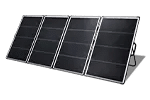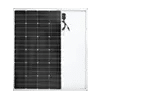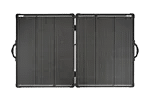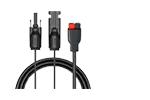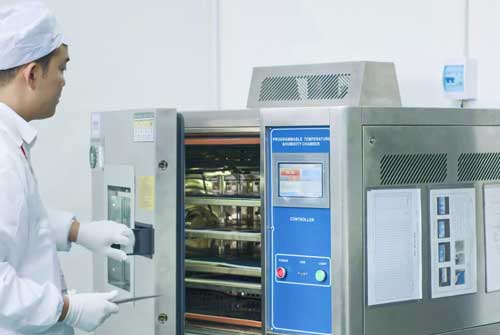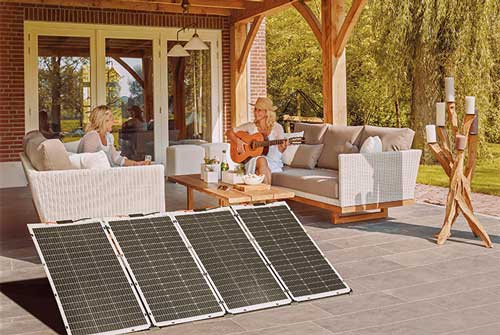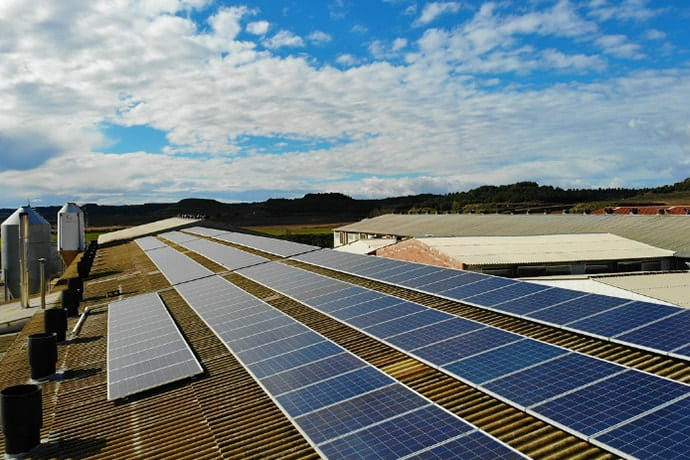In today’s world, renewable energy sources have gained significant attention, and solar power stands out as one of the most promising options. Solar panels have become increasingly popular as a clean and sustainable energy solution for homes and businesses. However, understanding solar panel efficiency is crucial for maximizing the return on your solar investment.
How efficient are solar panels?
Solar panel efficiency refers to the ability of a solar panel to convert sunlight into usable electricity. It measures the percentage of sunlight that the solar panel can convert into electrical energy. The higher the efficiency, the more electricity the panel can generate from the same amount of sunlight. Solar panels available today typically have efficiency levels ranging from 15% to 25%, with some advanced models exceeding 20%.
What is solar panel efficiency?
Solar panel efficiency is a crucial factor to consider when evaluating the performance and output of a solar panel system. It directly affects the amount of electricity generated, which, in turn, impacts the overall return on investment. Higher efficiency panels allow you to produce more electricity in a given space, making them desirable for maximizing energy production and reducing reliance on traditional energy sources.
How do I measure the efficiency of solar panels?
Solar panel efficiency is measured using standardized tests and industry standards. The most common measurement is conversion efficiency, which represents the percentage of sunlight that a solar panel can convert into usable electricity. This measurement is determined by subjecting the panel to specific laboratory conditions, including a standard light source and temperature.
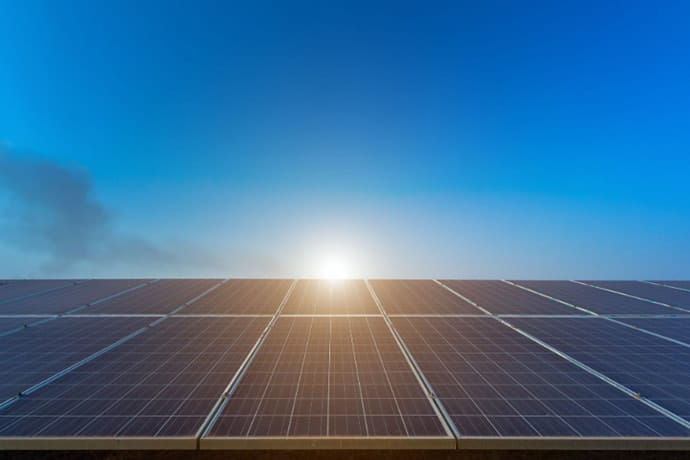
Factors that affect solar efficiency
Several factors influence the efficiency of solar panels. Understanding these factors can help you make informed decisions when selecting and installing a solar panel system:
Solar Cell Technology
Different types of solar cell technologies, such as monocrystalline, polycrystalline, and thin film, have varying efficiencies. Monocrystalline solar panels tend to have higher efficiency levels due to their composition and manufacturing process.
Temperature
Solar panels’ efficiency decreases as temperatures rise. High temperatures can cause performance losses and reduce overall efficiency. It is essential to consider ventilation and cooling mechanisms when designing and installing a solar panel system.
Shading and Obstructions
Shadows cast on solar panels can significantly impact their efficiency. Even a small shadow on a portion of a solar panel can reduce the overall output. Therefore, it is crucial to ensure that panels are installed in an unobstructed area to maximize sunlight exposure.
Tilt and Orientation
The angle and orientation of solar panels affect their efficiency. Panels tilted towards the sun at the optimal angle can capture more sunlight, resulting in higher efficiency. The ideal tilt and orientation depend on the geographical location and latitude.
How to Maximize Solar Panel Efficiency
Now that we understand the factors affecting solar panel efficiency, let’s explore some practical tips for maximizing the efficiency of your solar panel system:
Optimal Placement: Ensure that your solar panels are installed in a location with maximum sunlight exposure throughout the day. Avoid shading from nearby trees, buildings, or other obstructions. Regularly monitor the surroundings for potential shading issues that may arise due to growing vegetation or new structures.
Regular Maintenance: Keep your solar panels clean and free from debris to maximize efficiency. Dust leaves, and bird droppings can reduce the amount of sunlight reaching the panel’s surface. Regularly inspect and clean your panels, following the manufacturer’s guidelines.
Professional Installation: Work with a qualified solar installation company to ensure the proper placement and alignment of your solar panels. Professional installers have the expertise to assess your property and determine the best orientation and tilt angle for maximum efficiency.
Monitoring and Optimization: Invest in a solar panel monitoring system to track the performance of your solar panel system. This will provide real-time data on energy production, allowing you to identify any issues or inefficiencies promptly. Monitoring systems often come with optimization features that can help fine-tune the performance of your system for maximum efficiency.
Energy Storage Solutions: Consider integrating an energy storage system, such as a solar battery, into your solar panel setup. Energy storage allows you to store excess energy generated during the day for use during the night or when the sun is not shining. By utilizing stored energy, you can maximize the efficiency of your solar panels and reduce reliance on the grid.
Regular Inspections and Maintenance: Schedule regular inspections and maintenance for your solar panel system. This includes checking for loose connections, damaged wiring, or any signs of wear and tear. It is essential to address any issues promptly to ensure optimal system performance and efficiency.
Frequently Asked Questions
Q: What is the ideal angle for solar panels?
A: The ideal angle for solar panels depends on your location’s latitude. In general, a tilt angle equal to your latitude can provide good overall performance. However, for maximum efficiency, you may need to adjust the tilt angle based on the season and specific solar panel specifications.
Q: Do all solar panels have the same efficiency?
A: No, solar panels come in various types and efficiencies. Monocrystalline solar panels tend to have higher efficiency levels compared to polycrystalline or thin-film panels. It is important to consider the efficiency rating of the panels when selecting a solar panel system.
Q: Can I increase the efficiency of my existing solar panel system?
A: While you cannot change the efficiency of your solar panels themselves, you can optimize the overall efficiency of your system by implementing the tips mentioned earlier. Ensuring proper placement, regular maintenance, and monitoring can help maximize the efficiency of your existing solar panel system.
Q: Are high-efficiency solar panels worth the investment?
A: High-efficiency solar panels generally cost more than lower-efficiency options. Whether they are worth the investment depends on your specific circumstances, such as available space and budget. Higher-efficiency panels can generate more electricity in a smaller space, which may be advantageous if you have limited roof space or want to maximize energy production.
Maximizing solar panel efficiency is key to optimizing the return on your solar investment. Understanding the factors affecting efficiency, implementing proper installation and maintenance practices, and utilizing monitoring systems and energy storage solutions can help you get the most out of your solar panel system. By taking these steps, you can maximize energy production, reduce reliance on traditional power sources, and contribute to a greener and more sustainable future.
Article from: https://www.sungoldsolar.com/
Your Most Sincere Solar Partner – Sungold



